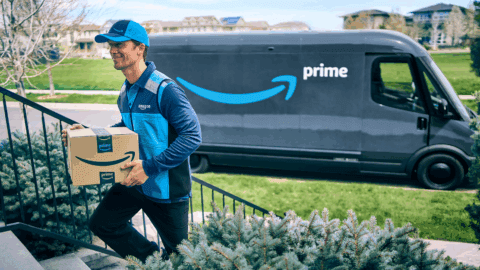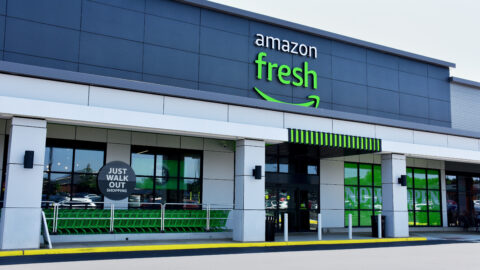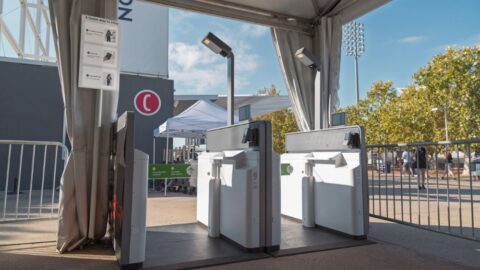Amazon is fighting back against fraudulent listings with the launch of Project Zero, a set of three tools designed to help brands battle counterfeit products. Project Zero combines Amazon’s machine learning capabilities with retailers’ knowledge of their own brands to detect fake products before a purchase is made.
The first tool uses machine learning-powered automated protections that take into account logos, trademarks and other key data about the brand. The tool scans more than 5 billion product listing updates every day in search of suspected counterfeits. During the pilot program, this software was able to proactively stop 100X more suspected counterfeit products than the amount Amazon reactively removed based on reports from brands.
The second Project Zero tool is a self-service counterfeit removal tool that gives retailers the ability to remove counterfeit listings themselves, rather than report them to Amazon to investigate and take action. This solution lets brands take down counterfeits more quickly than before, and feeds into the automated protection algorithms to proactively detect potential counterfeit listings in the future.
Project Zero’s third feature is a product serialization service that lets Amazon individually scan and confirm the authenticity of every one of a brand’s products purchased from an Amazon storefront. Every unit is given a unique code by the brand as part of the manufacturing process, allowing Amazon to scan and verify the authenticity of the purchase to detect and stop fake product sales before they reach the customer.
The rise of fraudulent products is a serious concern for retailers: the seizure of items violating intellectual property rights increased by 38% in fiscal years 2012 through 2016, and U.S. Customs and Border Protection intercepted $1.2 billion worth of fake goods across 34,143 seizures in 2017.
Additionally, the U.S. Government Accountability Office found that 20 of 47 items purchased from third-party sellers on e-Commerce were counterfeit in a study released in January 2018. Cosmetics were the most “faked” category — all 13 items purchased turned out to be fakes.
The Amazon marketplace in particular is a target for fake goods, which culminated in the e-Commerce giant filing its first lawsuits against alleged counterfeiters in November 2016. Apple had revealed that nearly 90% of chargers and cables labeled under its brand name on Amazon turned out to be counterfeit a month earlier, and filed its own lawsuits. Apple’s suits were still pending as of April 2018, according to The Verge.
Project Zero is not Amazon’s first attempt to eliminate fakes. One of the retailer’s primary tools, the Brand Registry, was updated in 2017 to give retailers more control over their brands and access to faster support. Signing up for the registry is the first step for any retailer looking to protect their authentic products.
While the Brand Registry is open to all retailers and Project Zero is currently invite-only, Amazon is planning to add more brands quickly. Current users include Vera Bradley, Thunderworks, Kenu and ChomChom Roller.












